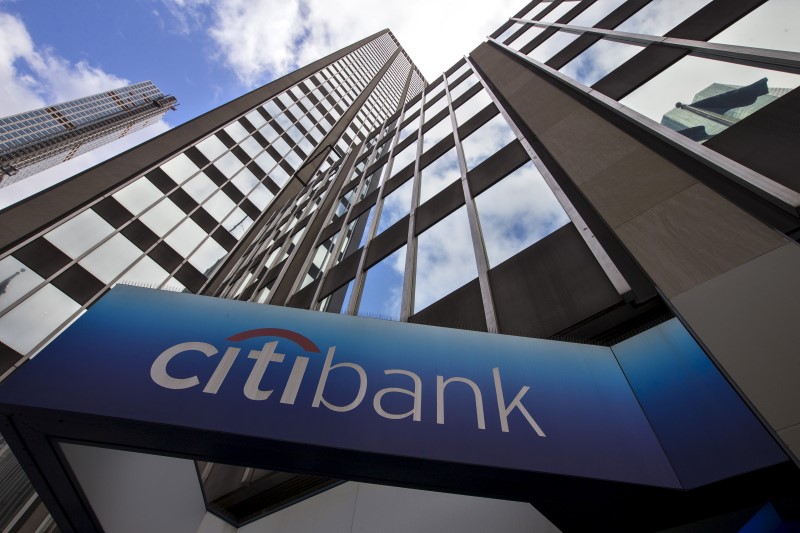By Jonathan Stempel
NEW YORK (Reuters) - Citigroup Inc (N:C) will pay $23 million to end private U.S. antitrust litigation claiming that it conspired to manipulate the yen Libor and Euroyen Tibor benchmark interest rates.
Lawyers for the plaintiff investors called the accord an "ice breaker" that could spur some of the roughly 20 other bank defendants to settle.
Settlement papers were filed on Monday night in the U.S. District Court in Manhattan. Court approval is required.
RP Martin, a brokerage whose main assets are now part of BGC Partners Inc (O:BGCP), also settled, without making a payment. Citigroup and RP Martin agreed to cooperate in the litigation.
Danielle Romero-Apsilos, a Citigroup spokeswoman, said the New York-based bank is pleased to settle. BGC, also based in New York, did not immediately respond to a request for comment.
Investors including the California State Teachers' Retirement System and J. Kyle Bass' hedge fund Hayman Capital Management LP accused banks of conspiring to rig yen Libor, Euroyen Tibor and Euroyen Tibor futures contracts to benefit their own trading positions from 2006 through at least 2010.
Among the other defendants are several Japanese banks, including Mitsubishi UFJ Financial Group Inc (T:8306) and Sumitomo Mitsui Trust Holdings Inc (T:8309), as well as Barclays Plc (L:BARC), Deutsche Bank AG (DE:DBKGn), HSBC Holdings Plc (L:HSBA), JPMorgan Chase & Co (N:JPM) and UBS AG (VX:UBSG).
Banks use the London Interbank Offered Rate (Libor) and Tokyo Interbank Offered Rate (Tibor) to set the cost of borrowing from each other. Libor is often used to set rates on such things as credit cards and mortgages.
The rate rigging scandal has led to billions of dollars of regulatory fines against banks worldwide.
Former Citigroup trader Tom Hayes is serving 11 years in prison after being found guilty in London last August of conspiring to rig Libor.
Nonetheless, the bank's "limited involvement" in the overall scheme may have spurred its settlement, the plaintiffs' lawyer Vincent Briganti said in an interview.
"It is their position and our belief that there was no internal false reporting by any submitters," Briganti said. "An early settlement with Citigroup made sense."
In court papers, Briganti called the accord an "ice breaker" that "serves as a potential catalyst for other defendants to settle."

The litigation is among several in Manhattan in which investors accused banks of conspiring to rig rates or prices in financial and commodities markets.